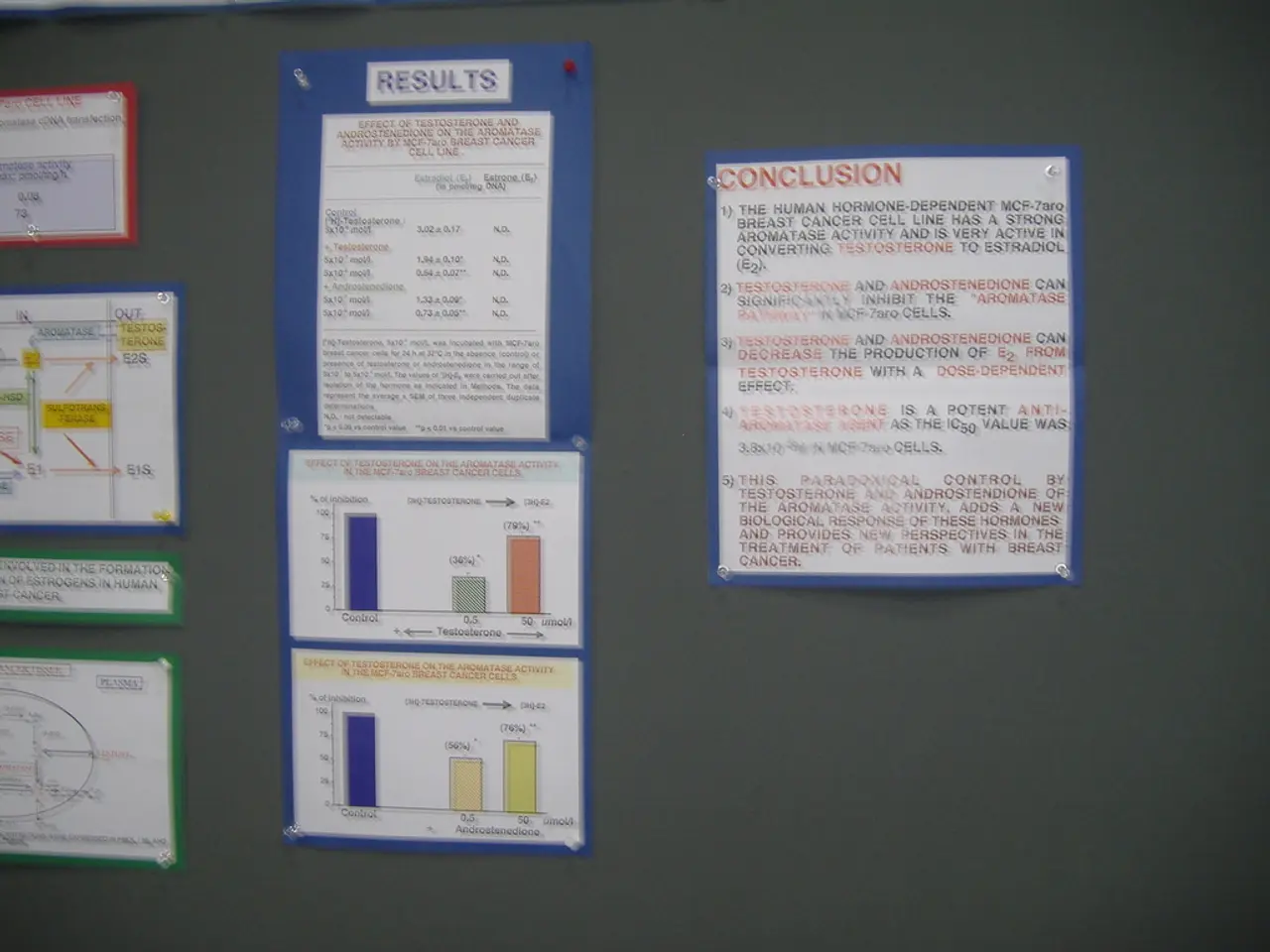Manager: Description, Passions, Varieties, Duties
Managers and Their Roles in Organizations
In the world of business, managers play a crucial role in ensuring the smooth running of operations and the achievement of company goals. Here's a breakdown of the different types of managers and their specific roles and responsibilities.
Lower-level Managers
These managers are the first point of contact between management and the workforce. They are responsible for supervising daily operations and workers directly, overseeing activities to ensure tasks are completed correctly and providing immediate guidance when needed. Lower-level managers include supervisors and foremen who manage production workers or sales staff.
Middle-level Managers
Middle-level managers act as a bridge between top management and lower-level managers. They implement strategic directions from top management, translating them into specific plans, schedules, and policies within their departments. They allocate resources, manage teams, resolve conflicts, and provide reports and feedback upward. Examples include department heads, branch managers, and plant managers.
General Managers
General managers oversee the entire operations of a division or unit, including multiple functions. They are accountable for profit and loss, setting objectives, coordinating functional managers, and ensuring cohesive performance across all areas of their unit. General managers are responsible for managing an entire unit or branch with multiple functions, integrating marketing, production, finance, etc., to achieve overall profitability and goal achievement within that unit.
Functional Managers
Functional managers focus on managing a specific department or function, such as finance, marketing, or operations. They specialize in and oversee their departments, focusing on functional expertise, planning, and controlling activities within their area, managing specialists and staff within that function, and contributing expertise to larger organizational goals.
In summary, lower-level managers focus on day-to-day supervision, middle-level managers handle implementation and coordination, general managers oversee overall unit performance, and functional managers concentrate on specialized departmental management within their expertise.
Managers also affect performance through day-to-day decision making, employee performance, policymaking, recruitment, training, layoffs, budget setting, and determination of operational procedures. They create assistance, provide direction, and control resources to achieve company goals. Leaders, on the other hand, are more about motivating and inspiring to influence staff to follow them to achieve common goals through shared charisma and vision.
In planning, managers think ahead to set goals and plan, including plans to allocate resources and employees, delegate responsibilities, define schedules and standards, and monitor teams. Functional managers are responsible for serving specific business functions, such as finance and accounting, production, marketing, development (R&D), human resources, and information technology.
Ultimately, managers are employees who plan, organize, control, and make decisions to achieve company goals. They define business processes and structures within the company, and their roles are essential in ensuring harmony and synergy between parts of the organization to achieve the same goal.
- Managers, particularly those in functional roles like finance, play a significant part in organizing and making decisions to achieve company goals, overseeing matters related to budgeting, financial planning, and accountability.
- Effective leadership within a business can complement management roles by inspiring and motivating employees towards common objectives, with managers often fostering a leadership approach to help influence their teams and contribute to the overall success of their careers.




